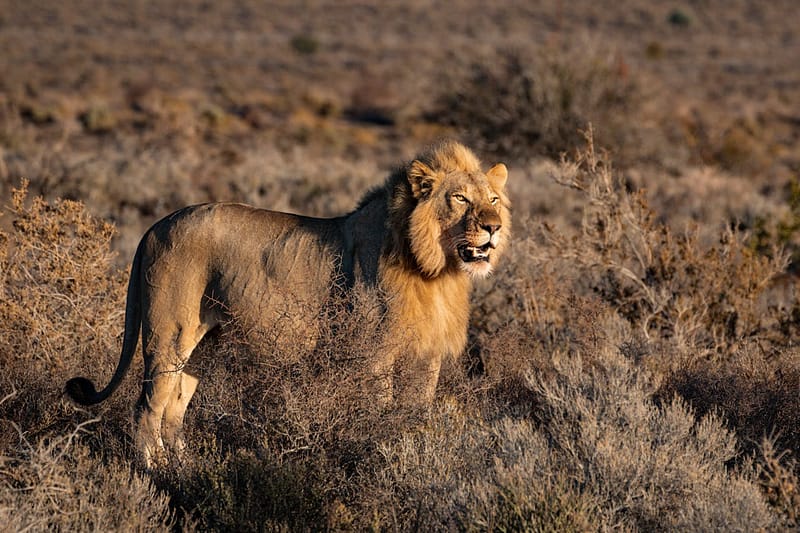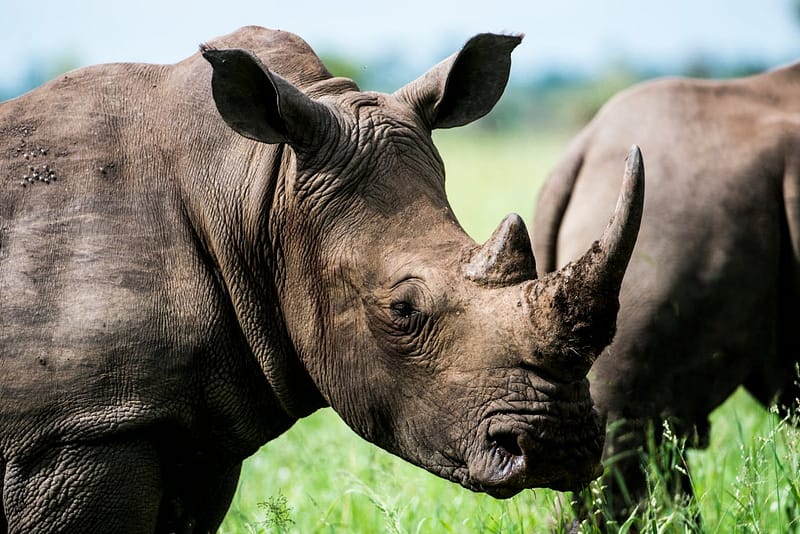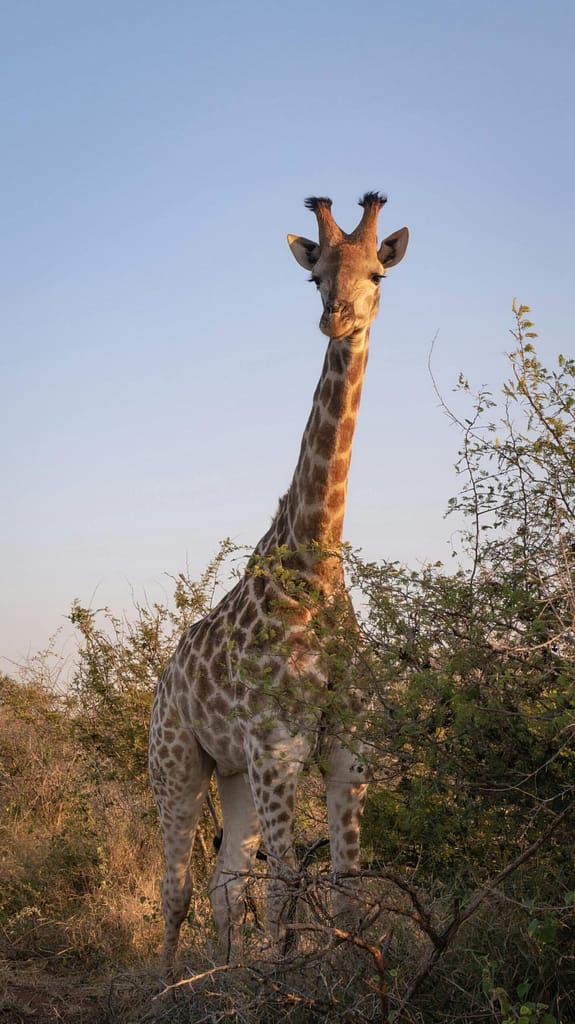Table of Contents
Kruger National Park Overview
Over 1 million visitors journey to Kruger National Park annually to experience wildlife up close and catch a glimpse of the “African Big 5.” Often considered the jewel of conservation efforts in South Africa, Kruger is located in the northeast region of the country and shares a border with Mozambique.
Many travelers spend several days on safari in Kruger National Park and combine visits to other South African sites like Cape Town, Blyde River Canyon, and Drakensberg mountain range. Visitors also frequently include a trip to see Victoria Falls on the border of Zambia and Zimbabwe after a visit to South Africa. All visitors to Kruger National Park should be aware of health advice for malaria and vaccinations before visiting. For information on malaria and vaccination advice for South Africa, including if yellow fever vaccine is required, please read here.


Should I Take Malaria Pills for Kruger National Park?
For many visitors to Kruger National Park, the first health question they ask is if malaria tablets are needed while on safari. While, the risk for malaria in Kruger is lower than the risk for other safari trips in Kenya or Tanzania, you may still need to take medication during your stay.
There are several factors to consider including your length of stay, type of accommodation, and time of year you are visiting. The winter months of June, July, and August in Kruger have the lowest risk of malaria, and the South African Health Department recommends malaria tablets for visitors September through May. However, the Centers for Disease Control and Prevention (CDC) does recommended malaria medication year-round for travel to Kruger. Regardless of the time of year you visit, it is always recommended to prevent mosquito bites with a quality insect repellants for skin and clothing. Deciding if malaria medication is right for your trip to Kruger is best discussed during a pre-travel visit at a trusted travel clinic.

What Vaccines are Recommended for Visiting Kruger National Park, South Africa?
Vaccinations for travel to protect against food and water illness include hepatitis A and typhoid fever, and both are highly recommended for travel to Kruger National Park. While there is very low risk of cholera for visitors to Kruger, the vaccine may be suggested if you have plans to stay in South Africa more than 4 weeks or visiting other countries in Africa during the same trip.
Exposure to rabies is a low risk for visitor Kruger National Park because the main source of infection is from stray dogs. However, if you have plans to visit extensively throughout South Africa, travel internationally frequently, or plan to work/volunteer with wildlife, the human rabies vaccine may be recommended.
And remember, its always a good idea to be current on routine vaccines for your age before visiting Kruger National park. This includes immunizations like COVID, hepatitis B, flu, measles (MMR), polio, and tetanus. For older adults other vaccinations like pneumonia, RSV, and shingles are important too.
Do I Need the Yellow Fever Vaccination to Visit Kruger National Park?
There is no risk for yellow fever virus in Kruger National Park, nor is there risk anywhere in South Africa. However, if your travel plans include a visit to any other countries in Africa before you arrive to Kruger National Park, the yellow fever vaccine may be required, read the next section for more information.
Is the Yellow Fever Vaccine Required for Kruger National Park?
Because Kruger National Park is located within the country of South Africa, the yellow fever vaccine can be required to pass South African customs if you have visited another country with risk of yellow fever. South Africa is yellow-fever free, and to prevent the importation and spread of yellow fever virus, the entry requirement is in place for certain travelers.
This requirement is in place for all travelers 1 year and older and includes people with layovers for more than 12 hours in a country with yellow fever. The yellow fever vaccination must be documented in the official International Certificate of Vaccination or Prophylaxis (ICVP).
Additional Health Advice for Travel to Kruger National Park
If your plans include camping or walking while in Kruger National Park, be aware that African tick-bite fever can be common. There is no vaccine to prevent the illness, instead applying insect repellant to skin and treating clothing and gear with permethrin will help keep ticks away.
Keep your distance from fresh water ponds, lakes, and streams since the parasite schistosomiasis is found in water sources, not to mention the risk of crocodiles!
Visit Destination Health Clinic Before Your Trip To Kruger National Park
Destination Health Clinic will help you prepare for your adventure to Kruger National Park with health advice, vaccinations, and if needed, a prescription for malaria tablets.
With multiple Massachusetts locations offering convenient and affordable travel vaccines, chances are an office is near you. We invite you to schedule your appointment online or call our office and we’ll be happy to help answer any questions.